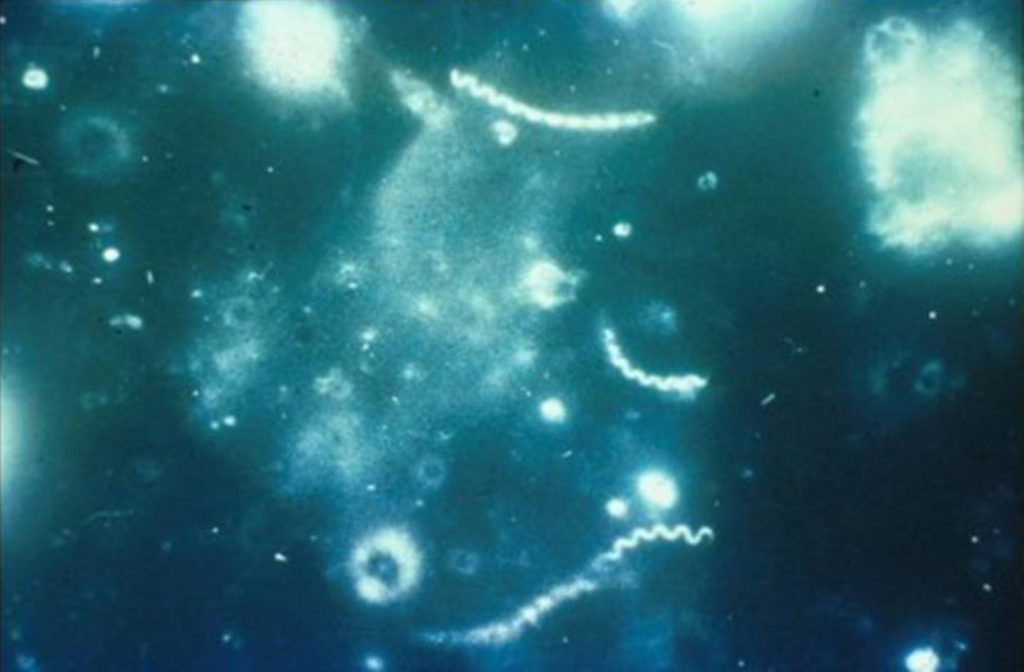As syphilis cases increase throughout Hawai‘i, state urges expanded screening, treatment

As the number of cases of syphilis in women and newborns continues to increase throughout the state, the Hawai‘i Department of Health is urging enhanced screening in health care interactions other than prenatal care, saying the situation is alarming and requires immediate attention.
“All sexually active people with risk factors for sexually transmitted infections should be regularly tested for syphilis and other STIs,” said Dr. Diana Felton, chief of the Health Department’s Communicable Disease and Public Health Nursing Division. “For pregnant persons, we now recommend syphilis screening three times: as early as possible during the first trimester, at 28 to 32 weeks of gestation and at the time of delivery. It is important that sexual partners are also treated to prevent reinfection.”
The Health Department is alerting health care providers throughout the state to be vigilant in screening for cases of syphilis in people who could become pregnant and during pregnancy, and is emphasizing recommendations for diagnosing and treating cases. The department also stresses the importance of treatment of partners to prevent reinfection and follow-up appointments with patients and infants.
The number of babies born with syphilis — known as congenital syphilis — ranged from zero to four cases per year from 2000 to 2019, 12 cases in 2020 and 20 cases in 2021. Preliminary data indicates at least 22 cases in 2022. This dramatic increase in congenital syphilis cases is associated with increasing infections in adults.
Most cases of congenital syphilis in Hawai‘i have been reported in people who received late or no prenatal care. Visits to emergency rooms, urgent care and primary care clinics present critical opportunities to identify and treat syphilis and prevent recurrence of congenital syphilis.
The Health Department also continues to strongly recommend that women begin receiving prenatal care as soon as they learn they are pregnant, ideally in the first trimester.
“Syphilis can have severe health impacts, especially for developing babies, including increased risk of stillbirth or death shortly after birth,” Felton said. “The devasting effects of untreated syphilis are preventable if infections are detected early and treatment is initiated promptly.”
For more information about syphilis infections in Hawai‘i as well as screening and treatment recommendations, click here. Information about syphilis and pregnancy is also available here.





